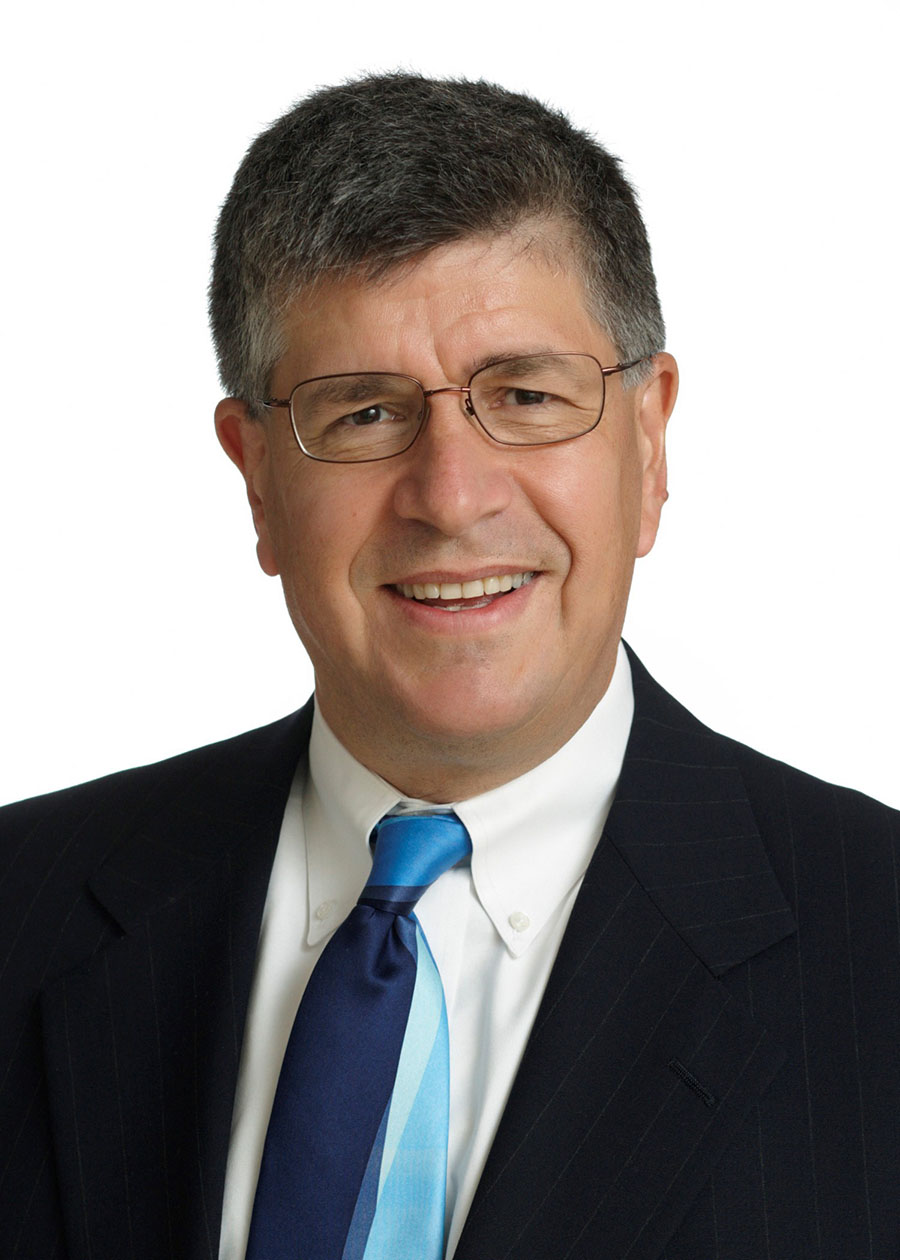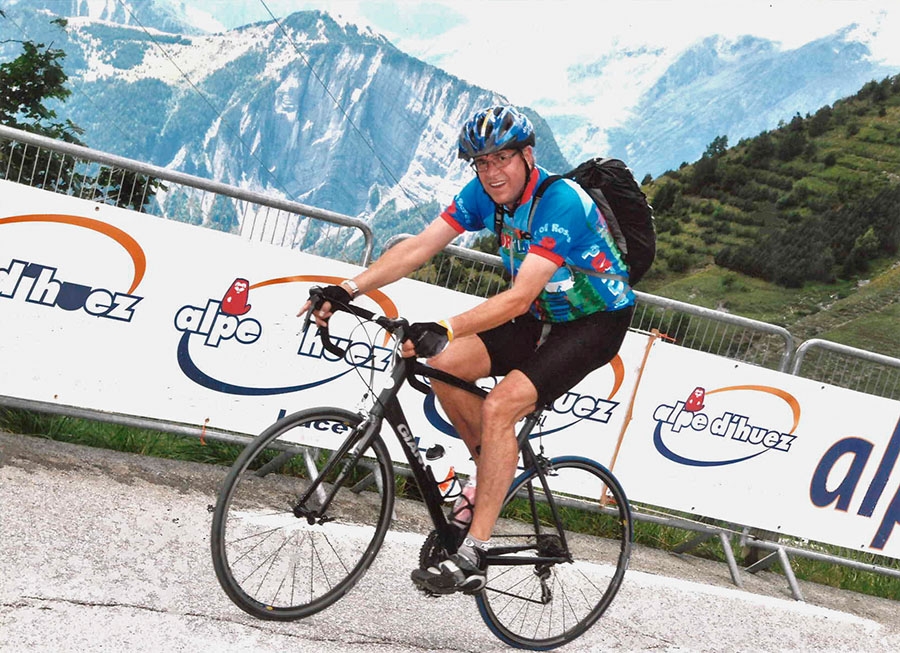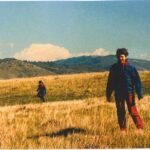Storyteller-in-Chief by the managing partner of Schwabe, Williamson & Wyatt.
Storyteller-in-Chief by the managing partner of Schwabe, Williamson & Wyatt

The recent passing of Yogi Berra rekindled fond memories of my childhood sports heroes. With the nearest professional sports teams to my hometown (Albany, Oregon) being in distant San Francisco and Oakland, Calif., I was heavily influenced by those teams that appeared regularly on TV. Network television focused primarily on teams from major media centers, so that’s where my sports heroes came from: Sandy Koufax, Willie Mays, Mickey Mantle, Bill Russell, Willis Reed, Johnny Unitas and Gale Sayers. These were the days before People magazine and its ilk, which often exposed the more unseemly side of sports celebrities. The mainstream media also shied away from reporting on sports celebrities’ more “human frailties.”
So they were easy to idolize. They served as role models. They came from humble beginnings and made it big in the big leagues. They were a source of inspiration. It was all so easy.
Then things changed. As we grew up, we lost our youthful innocence. Things weren’t so easy anymore. The more we needed sports heroes and their confident optimism, the harder they were to come by. Turns out many of them were human. And the media was more willing to expose their all-too-human weaknesses. The more we learned, the more jaded we became. And with that, we lost our idols, our role models, our Walter Mitty moments, our sources of inspiration. And occasionally we lost our dreams.
Sometimes a glimmer of hope would appear. One of them seemed too good to be true, almost as a Frank Capra character: a brash young Texan with undeniable talent who beat life-threatening cancer, a seven-time winner of one of the most demanding competitions in sports, who established American supremacy in a sport forever dominated by Europeans. Lance Armstrong had all the ingredients. He had all the makings of a hero at a time when America needed a hero. Our prestige in the world had taken a beating for our launching an ill-advised war in Iraq; we were on the cusp of a worldwide recession widely perceived abroad to have been triggered by U.S. banking excesses and corporate greed. We — and I — needed a genuine sports hero to restore our pride.
And I fell for it.
My wife was a co-conspirator. We became students of professional cycling. We subscribed to all the obscure cable sports channels to watch equally obscure professional cycling events. We attended several European stage races, including four Tours de France — often taking our bikes with us. We viewed the race on some of the most challenging and legendary climbs in the Alps and in the Pyrenees. The day before the racers arrived, we would occasionally try our hand at these climbs.
Alpe d’Huez is a climb over a seemingly manageable 8.6 miles. Over that distance, however, it climbs 6,100 feet with 21 switchbacks, at an average gradient of 8.1% and a maximum gradient of 13%. My wife and I were staying at the top of the climb, so I first had to descend to the starting point. My hands and wrists cramped from the braking. My climb back to the top took nearly two hours. By comparison, the record set by Italian cyclist Marco Pantani is a mere 37 minutes and 35 seconds. Despite the fact that Pantani had a better bike, was in far superior shape and had a physique more appropriate for cycling than mine — and by my way of thinking, cheated a bit by taking no rest breaks! — he set that record after having first raced nearly 100 miles. Conquering Alpe d’Huez was as humbling as it was satisfying.
The Tour de France from a spectator’s perspective is akin to a three-week-long Grateful Dead concert. It attracts people from all over the world with a common passion for cycling and for partying. And they party hard. The atmosphere promotes much conversation, often lubricated by alcohol, and almost everyone speaks English. Invariably, we would be called upon to defend our hero Armstrong against the charges that he was a doper. We adamantly denied it. Armstrong was the most blood-tested athlete in professional sports. He had been stricken with and conquered cancer. He would never be foolish enough to imperil his health with dangerous performance-enhancing drugs. His denials were convincing. Heck, he even sued an English newspaper for libel at the mere suggestion of illicit drug use … and received nearly a half a million dollars in settlement. Could it be that our European friends were a bit envious of this upstart American? We heard it all and were steadfast in the defense of our hero.
And then it happened. Armstrong was human after all. Heck, he wasn’t just a cheat; he was a master cheat. It felt like a hard kick to the stomach and an intensely personal betrayal. We were angry and adrift. And sadly, we found ourselves hero-less.
It’s taken some time for us to dust off the ill effects of the Lance Armstrong ordeal. We learned our lessons; they were hard, and we will likely resist getting sucked into something like that again. That’s only natural, but it’s hard to accept. Rest assured that we’re not going down that path again.
But have you heard about the Marcus Mariota fella … or maybe Alex Morgan?




